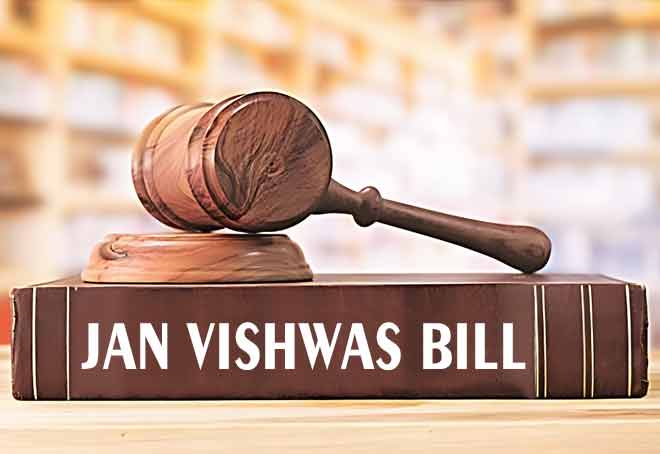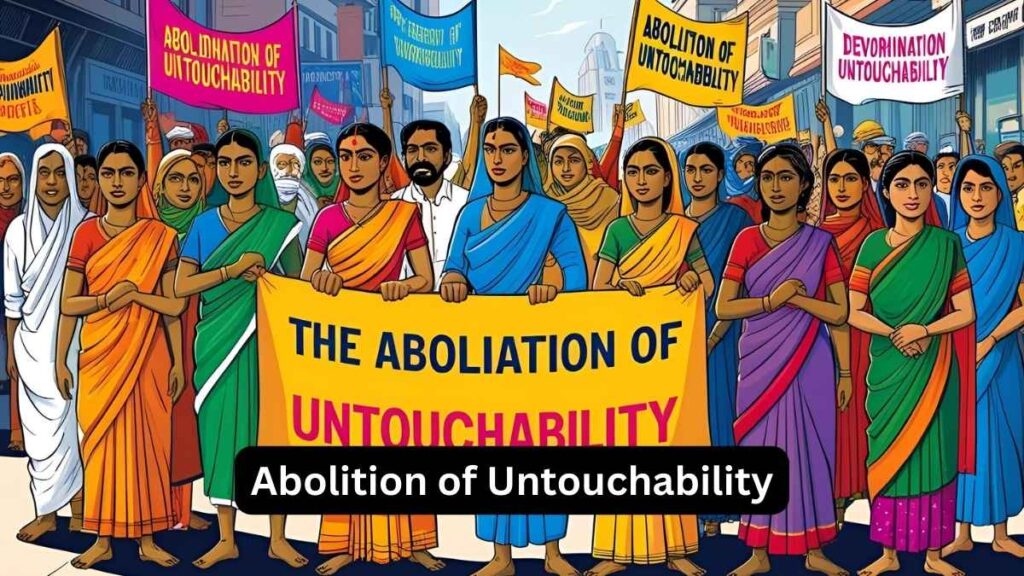Donald Trump’s Executive Order on Birthright Citizenship
Context:
Recently, USA President Donald Trump signed an executive order restricting birthright citizenship. The order challenges the 14th Amendment, which has guaranteed citizenship to those born on U.S. soil since 1866. The decision is legally contested in over 20 states, with a federal judge issuing a temporary block.
What Does the Ban Mean?
- The automatic citizenship of children born to illegal immigrants, temporary visa holders, and tourists will be revoked.
- At least one parent must be a U.S. citizen or a legal permanent resident for the child to acquire citizenship.
- The change could lead to stateless children and legal complexities for immigrants.
History of Birthright Citizenship in the U.S.
- 14th Amendment (1866): Granted citizenship to all persons born or naturalised in the U.S., particularly benefiting formerly enslaved people.
Citizenship Laws in Other Countries
Dred Scott v. Sandford (1857):
Denied citizenship to African Americans before being overturned.
- United States v. Wong Kim Ark (1898): Established that children born in the U.S. to foreign parents are citizens.
- Trump’s order seeks to reinterpret “jurisdiction”, arguing undocumented migrants and temporary visa holders do not qualify.
Why Illegal Immigration is a Concern for the U.S.
- Estimated 11 million illegal immigrants in the U.S.
- Claims of strain on welfare systems, public healthcare, and education.
- Rise in border crossings and unauthorised entries.
- Political pressures from right-wing factions and nationalist movements.
Donald Trump’s Policy on Illegal Immigration
- Border wall expansion and deportation programs.
- Tightening of visa regulations, particularly H-1B and student visas.
- Reduction in refugee intake and asylum grants.
- Increase in Immigration and Customs Enforcement (ICE) raids.
Impact of the Decision
- Legal uncertainties: Could lead to legal uncertainty for thousands of children.
- Potential increase in undocumented populations.
- Possible rise in birth tourism in countries still following jus soli.
- Encourages legal challenges on constitutional grounds.
Impact on Indian Immigrants
- 2.8 million Indian immigrants in the U.S. could be affected.
Ethical Dimensions
- Raises concerns over statelessness and human rights violations.
- Challenges the principle of equality and anti-discrimination laws.
- Could disrupt families, leading to a generation of non-citizens.
- Risks creating a permanent underclass of immigrants.
- H-1B visa holders (Indians receive 70% of these visas) may face challenges for their children’s citizenship.330,000 Indian students in the U.S. hoping for permanent residency might find fewer pathways.
- 725,000 undocumented Indians could face increased deportation risks.
- Reports indicate pregnant Indian women on temporary visas are rushing to give birth before implementation.
Challenges in Implementing the Order
- Legal roadblocks due to constitutional conflicts with the 14th Amendment.
- Opposition from civil rights groups, immigrant communities, and Democrats.
- Risk of international condemnation and diplomatic backlash.
- Logistical hurdles in verifying parental citizenship.


